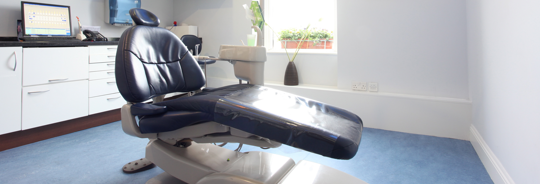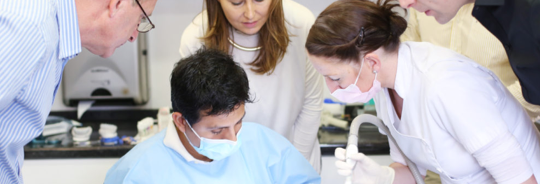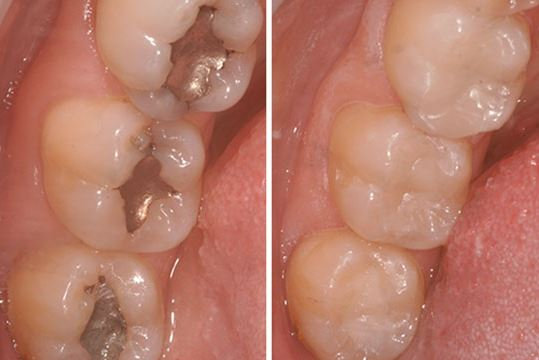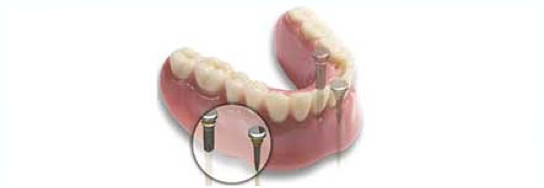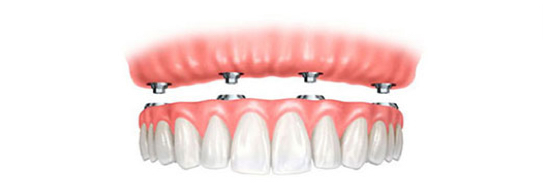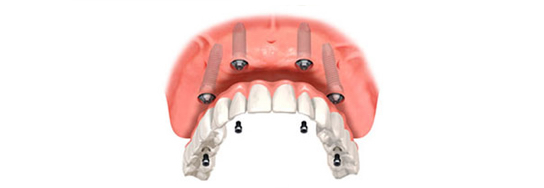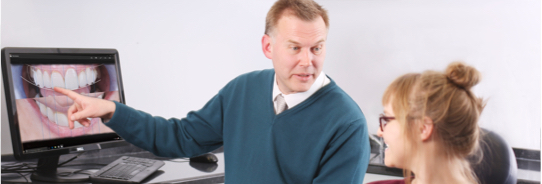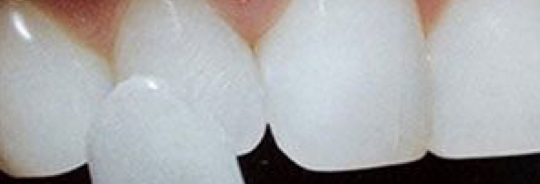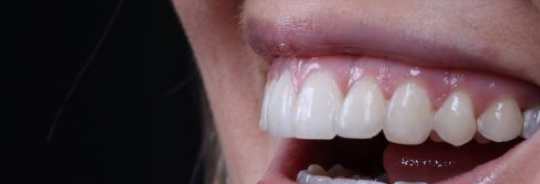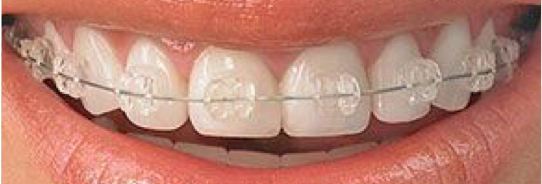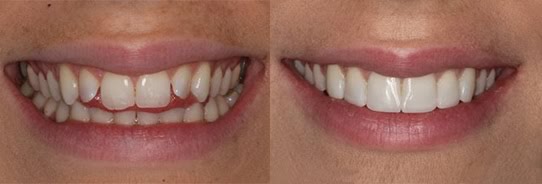

Blog
We post all the latest information here regularly so it's always up to date for you. If there is a topic you would like to have us cover please ask.
16 October 2019
Forces on Dental Implants

Your natural teeth all have a periodontal ligament around them, this acts like a shock absorber when you are chewing and prevents the tooth getting sudden shocks when biting and eating. A dental implant is fused directly to the bone. This means it has no shock absorber. When you bite down you hit the implant and can do damage to the bone over time if this force is too high. High forces can cause a number of problems around dental implants.
Screw Loosening:
There is usually a screw that connects the implant (root part) to the crown. This screw can loosen if forces are consistently too high on an implant.
Porcelain Fracture:
The crown can break if you bite too hard on a dental implant. This is very rare but more common than with teeth because there is no shock absorber.
Bone Loss:
If you bite too hard and your bone is not strong enough it is possible to cause microfractures in the bone over time. This can cause bone loss around the implant leading to infection or possible failure of the implant. This is a rare occurrence and more common where people grind their teeth heavily, have poor healing or soft bone. A dental implant has no nerves in it. This can be great as it means you can eat ice cream with no discomfort. It also has some downsides. As there is no nerve you cannot always feel it when you bite too hard. Especially in the first few months you need to be careful and eat slowly.
I can't stop smiling and I have a lot more confidence [...] it's a walk in the park really and the end results speak for themselves!
Colin Gillick, Aughrim, Co. Wicklow
All on 4 Dental Implants
Loading, Pressure, Force:
Implants, during their healing phase, do not like pressure on them. The healing process usually takes 12 weeks, in good quality bone, but some-times longer. During this time care must be taken to prevent loading on the implant. You cannot chew with it, food must be kept away from it and, if possible, you can chew with the other side of your mouth. If you have had a lot of implants placed, perhaps on both sides of your mouth, then a soft diet is recommended during this time. It’s a small sacrifice to have your whole mouth rehabilitated in such a short period of time.
When you have your final teeth placed on your dental implants, this is the first time that these dental implants will be used for chewing. It will be the first time that they are asked to take load. It is a critical time. You have to be cautious and gentle. Just like a muscle in your body, if you want to build strength in it, you start slowly and gently. It will respond by becoming stronger with time. This process can take up to 18 months. Overload is grinding your teeth, clenching your teeth together, and crushing hard food like nuts or ice for example.
If you are known to be a grinder of you teeth at night you will have to wear a nightguard to protect them. Often time’s people will come to us because they have damaged their teeth from grinding them at night. Night time grinding can cause people to damage their whole mouths. It is a hugely destructive habit over which you might not have any control. Most of the time you will be unaware of the problem as it happens during the deepest part of sleep. As dentists we can usually recognise the signs and will advise the best protection available.
If it’s possible to damage your natural teeth, it is possible to damage your dental implants too. If you had your teeth taken out at a young age you might not even know that you do this until your teeth are replaced. If you think that you might have ever had a night time grind habit, please let us know and we can take steps to make sure we fix this for you. Some people develop it later in life or even after they have had new teeth fitted. If you develop it please tell us so we can prevent damage.


